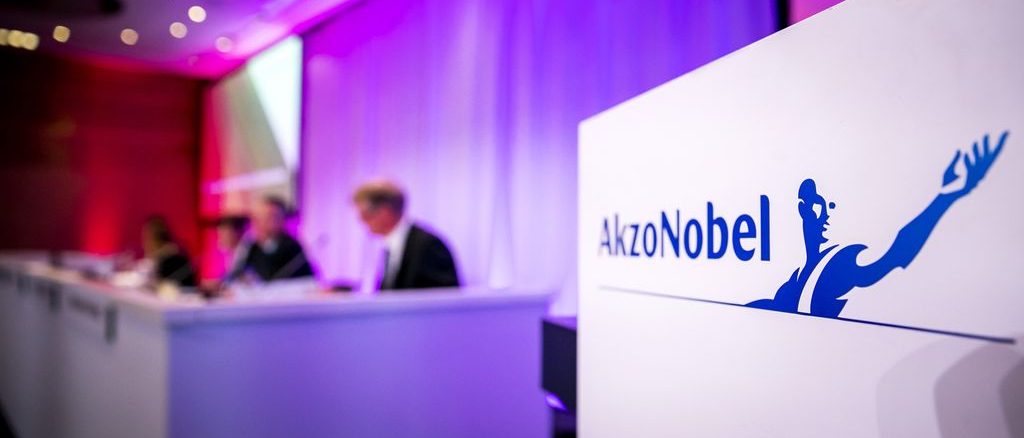
Until recently, paint manufacturer AkzoNobel traded with Russia
Paint manufacturer AkzoNobel paid 16 million euros in profit tax to Russia in the past two years. Until recently, the multinational also supplied raw materials for paint. Until that one conclusion comes NRC. The newspaper sees in the accounts of a Russian subsidiary that turnover and profit have increased and that taxes have been paid to the Russian state.
AkzoNobel previously wrote that it wanted to halve its Russian activities. Many business units in Russia have indeed been closed down, says the paint maker. The Russian factories only make “decorative paints”, the company says.
“The volume of what remains has indeed grown, contrary to expectations,” says a spokesperson. “Then you have to pay profit tax, otherwise you run the risk of Russia nationalizing the company.”
Still exporting
AkzoNobel Russia also imported raw materials for paint and varnish, according to the administration of Russian customs, in the hands of NRC. The raw materials are said to have been sent from countries that have imposed less strict sanctions on Russia than the EU.
According to AkzoNobel itself, the import of raw materials stopped in May. Earlier was not possible due to current contracts, the company says. It also denies that EU sanctions against Russia have been circumvented by exporting raw materials through another country.
Akzo does not want to completely divest itself of its Russian activities. “We never said that,” says the spokesperson. “Then you might sell a sector for 1 euro to a company that you would rather not sell to. We also feel a responsibility for our employees there.”
Heineken did it
Other companies also faced this dilemma for a long time, but ultimately took their losses. That’s how Heineken sold last summer its Russian activities were indeed priced at 1 euro, but the company did find a party for this that was not linked to a sanctioned buyer and the sale also ensured that its staff did not end up on the street.

Be the first to comment